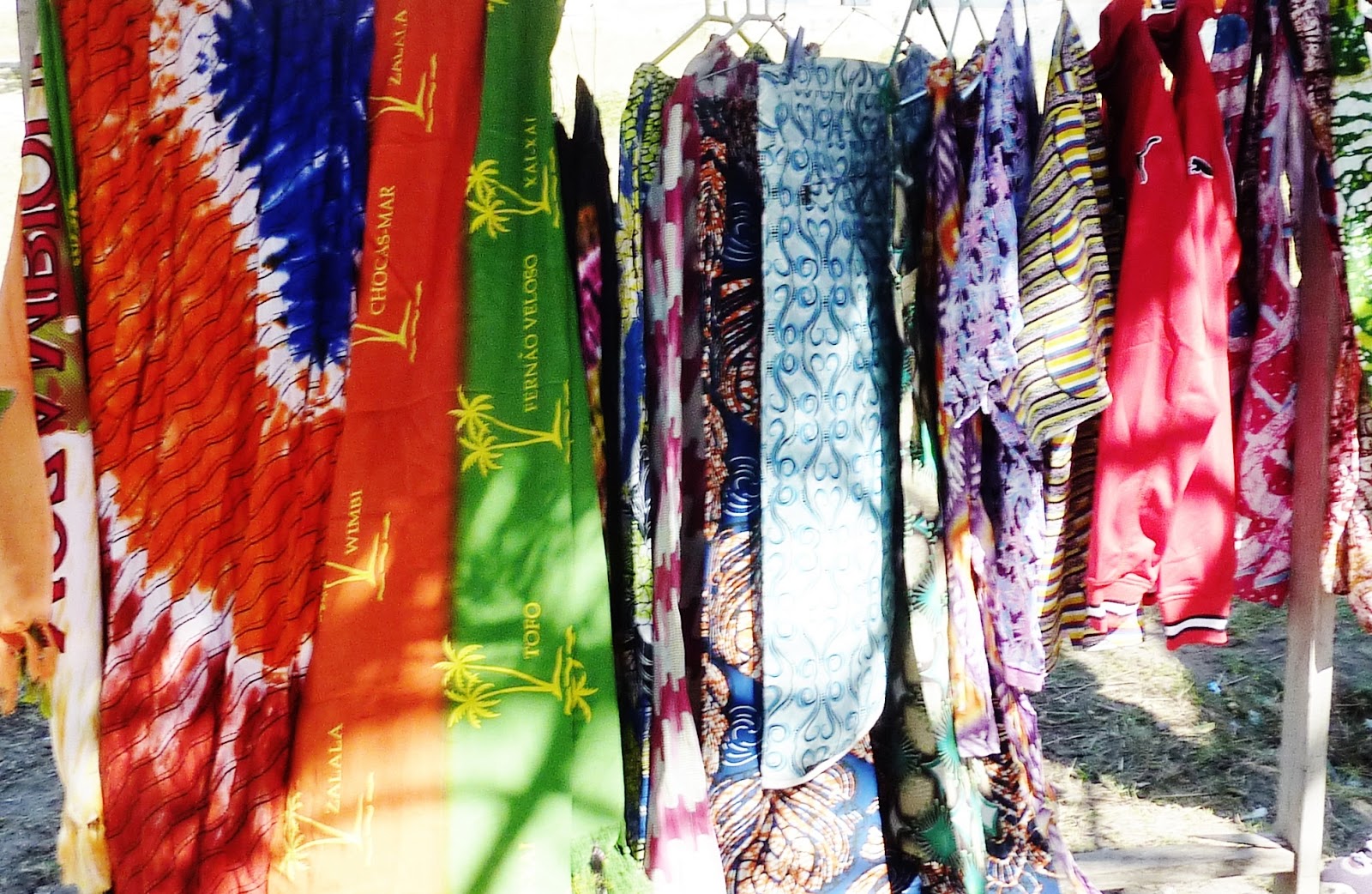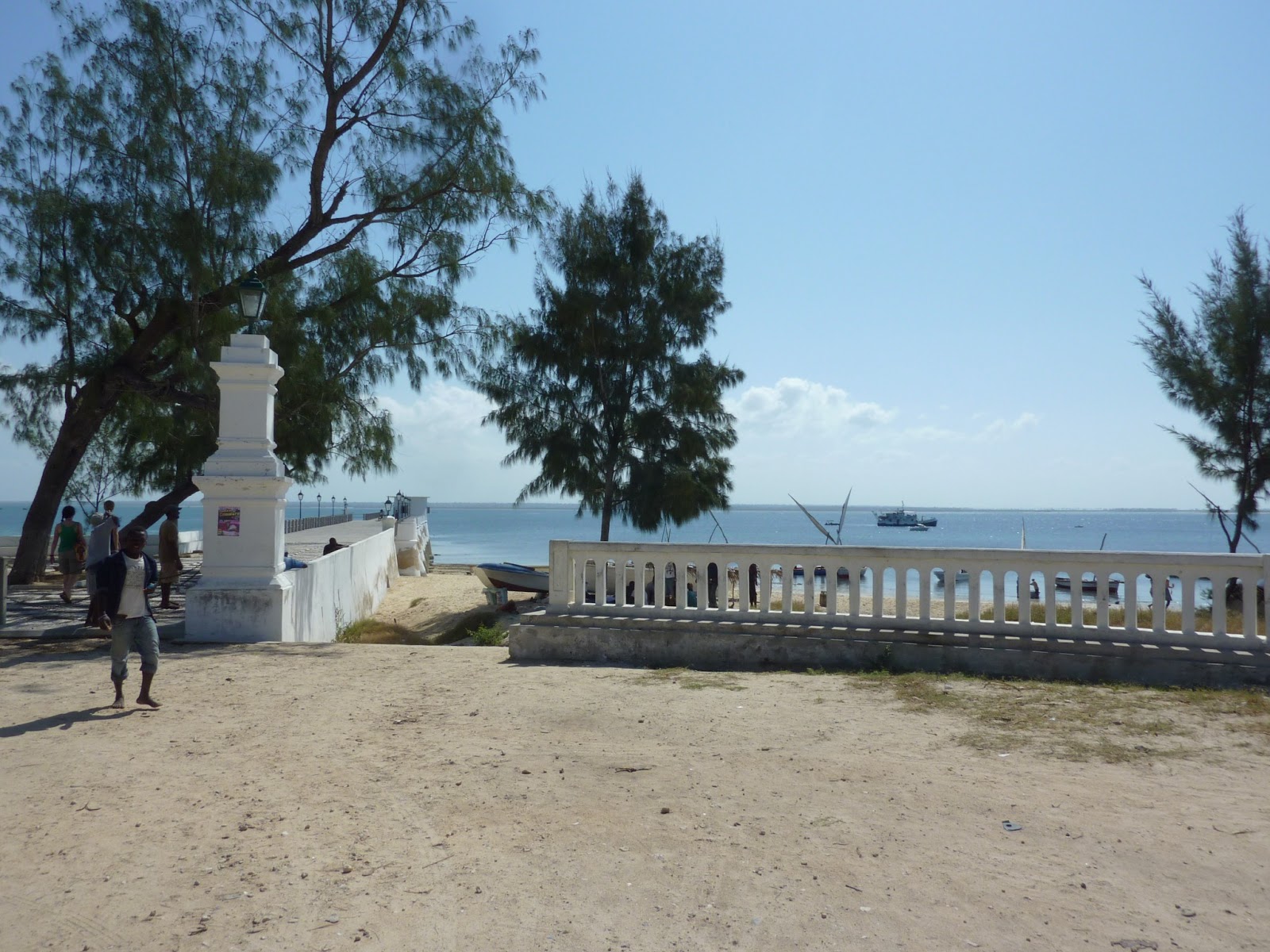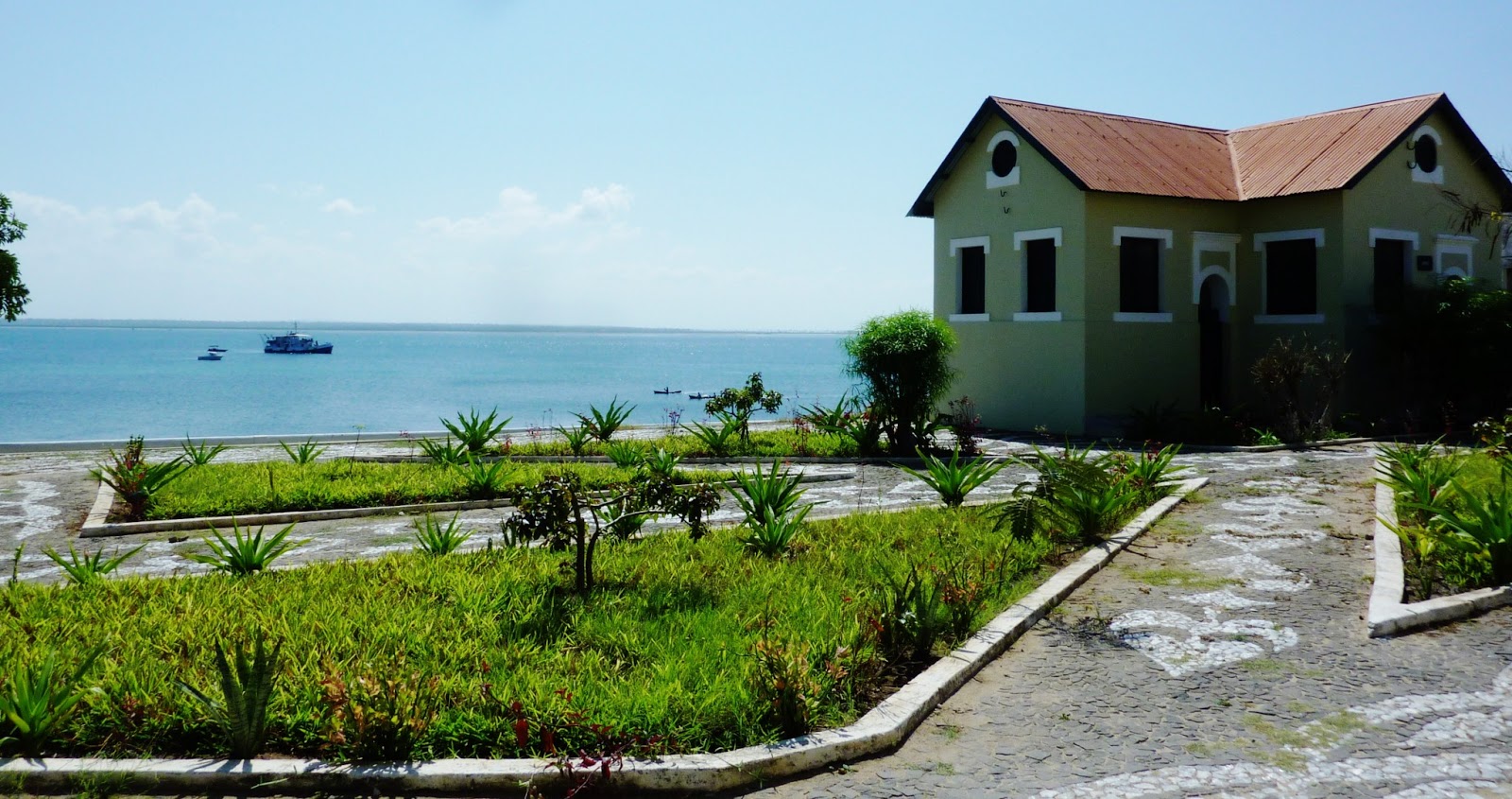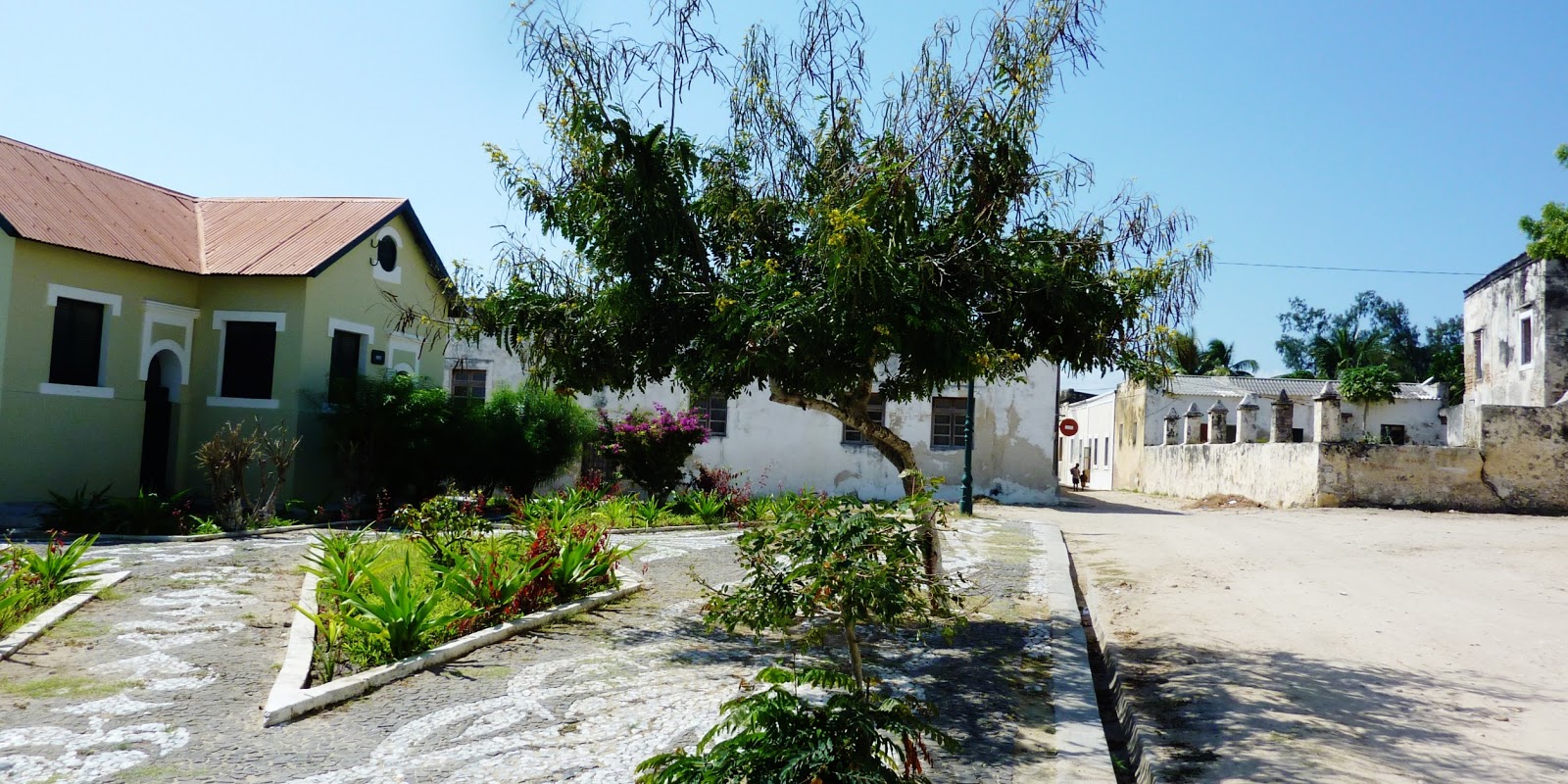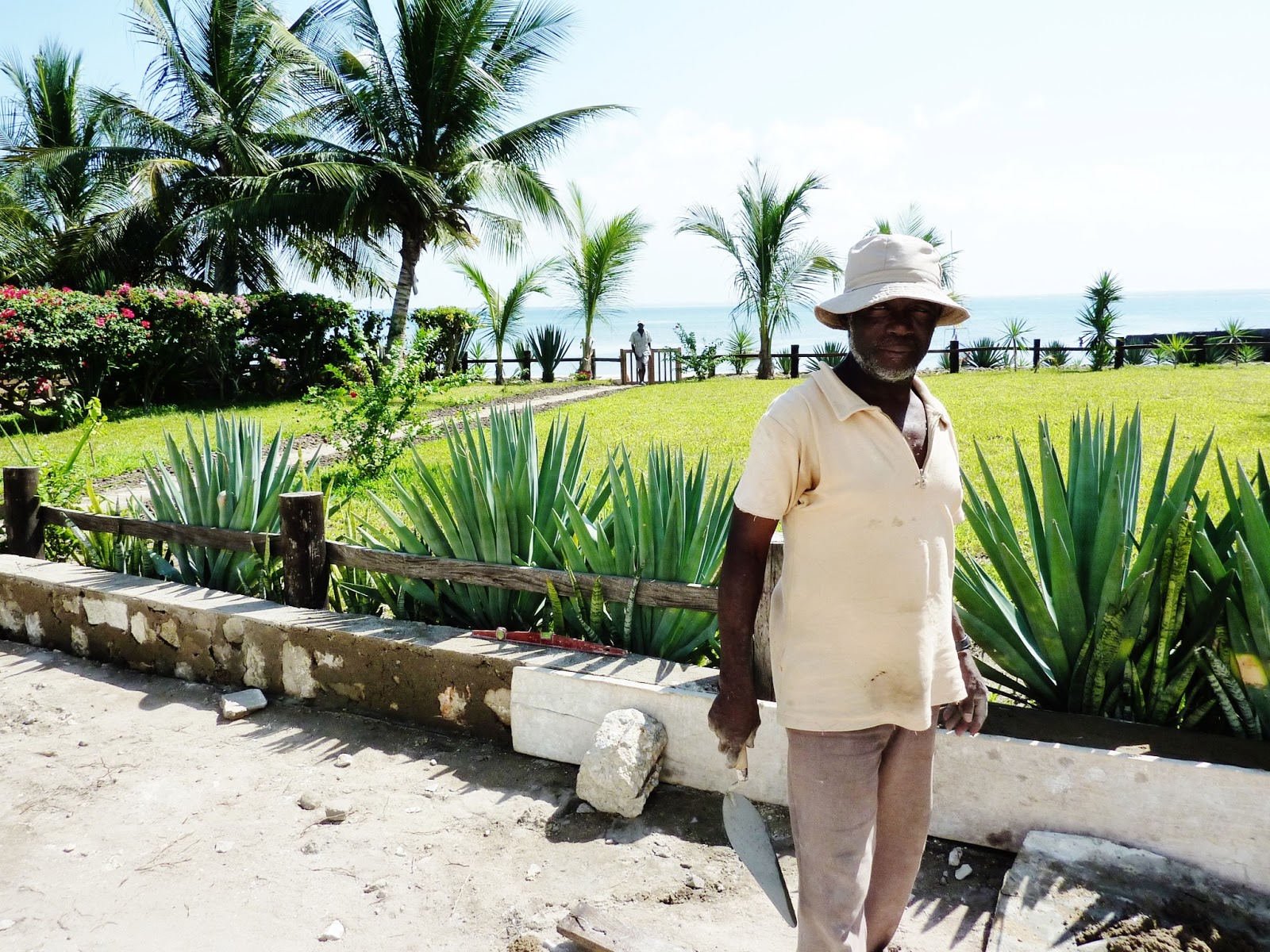For the adults reading this post, what do you remember about your
childhood?
Do you remember the games you played?
Did you play with dolls? Did you make them or did your parents buy
them? Did you grow up in the 90's like me, and play computer and Nintendo games like Super Mario Brothers or Teenage Mutant Ninja
Turtles? Did you ride a skateboard or play baseball? Did you ride your shiny bicycle around in your neighborhood past curfew? Did you
use Monopoly money to play “cashier” with your best friend? Did
you have friends or a sibling to push you so high on a swing set,
that you thought that your feet would touch the sun? Did you have an
imaginary friend with whom you completed puzzles? When you received
another action figure or board game for Christmas, did you throw your
presents in your toy pile or did you leap for joy? Did you receive
hand-me-down gadgets? Did you make your own toys?
Christmas is almost here and I
know that the cost of presents can add up very quickly. Every year, there are new
toys and games for sale. Of course many children from the U.S. play
games or participate in activities that don't require purchasing
items, like hide-and-go-seek and truth or dare. But with clever
advertisements on television, many children get hypnotized when they
see the flashing images of other children having fun and singing
along with the new “must-have” toy in their hands.
I'm currently living in one of the
poorest countries in the world and many families don't have
televisions. Many of them don't have to worry about their children
tugging their arms to buy them the latest gadgets after seeing
advertisements on TV. And even if they do have televisions, many Mozambican parents can't afford to buy video game consoles or even books to keep
their children entertained. Some parents can't even afford to buy
balls for sports. One thing is for sure, I've never seen children
create games out of everyday items like I have here. Maybe you all
will find that their games and home-made toys are as fascinating as I
do.
Here's a ball that's been made out of rags, plastic bags, and twigs.
Here are my neighborhood kids playing a game where two people on each side have to throw a ball, while the person in the middle has to try to dodge it. If one of the throwers has to run after the ball, the person in the middle has to fill a beer bottle with sand. The participant in the middle has to fill the bottle up 6 times in order to win. If the ball hits the player in the middle, then the that person is out.
Here are children rolling a tire with a stick.
Other games include:
- Hopscotch using charcoal.
- Dodgeball using a small, handmade ball.
- Sliding um chanelo, a sandal, on the ground to see who's flip-flop slid the furthest.
- Soccer. It's probably one of the most popular games here. Some children save up money to purchase soccer balls and others have parents who buy them for them. In my community, most of the kids make their own balls.
- Children tie pieces of plastic strips together and then they tie the ends around two poles or around two people's legs. The person in the middle sings and jumps in and out of the elongated circle of plastic ties. The goal is to spin and hop without touching the plastic boundary.
- Hide-and-Seek. One person counts and then searches for the children who've been hiding. Here it's called "Banana".
This girl made a flute from the stem of a papaeira, papaya tree, and a strip from a plastic bag.
Checkers and chess are popular board game here. The children make the chessboard out of cardboard and draw squares on them. Then, they use bottle caps. For checkers, the bottle caps facing up represents one player and the ones facing down represent the other.
Abdul is playing with his toy car that he made out of a small plastic bottle and four bottle caps for the wheels.
I
think that it's awesome that the children have fun with these
hand-crafted objects. They can entertain themselves and make
something out of items that I throw away everyday like cardboard boxes and plastic bags. Some children
find a stick and a piece of string and then tie scraps of white
pieces of paper on to the stick. Then they run up and down the dirt road while
the string of “butterflies” chase after them.
The games and toys these children enjoy don't collect dust on the shelves after being played with a few times, because even scraps are appreciated. Many of these kids aren't living in a land where they'll wake up on Christmas morning to glittery boxes and bows underneath a decorated tree that "Santa Claus" dropped off in the middle of the night. Their parents aren't spending money from their savings account to buy a limited edition toy. The Mozambican kids that I have met are happy to play with something they created themselves. Their world is a playground where fun is free.
The games and toys these children enjoy don't collect dust on the shelves after being played with a few times, because even scraps are appreciated. Many of these kids aren't living in a land where they'll wake up on Christmas morning to glittery boxes and bows underneath a decorated tree that "Santa Claus" dropped off in the middle of the night. Their parents aren't spending money from their savings account to buy a limited edition toy. The Mozambican kids that I have met are happy to play with something they created themselves. Their world is a playground where fun is free.
I hope you all enjoy this holiday season!
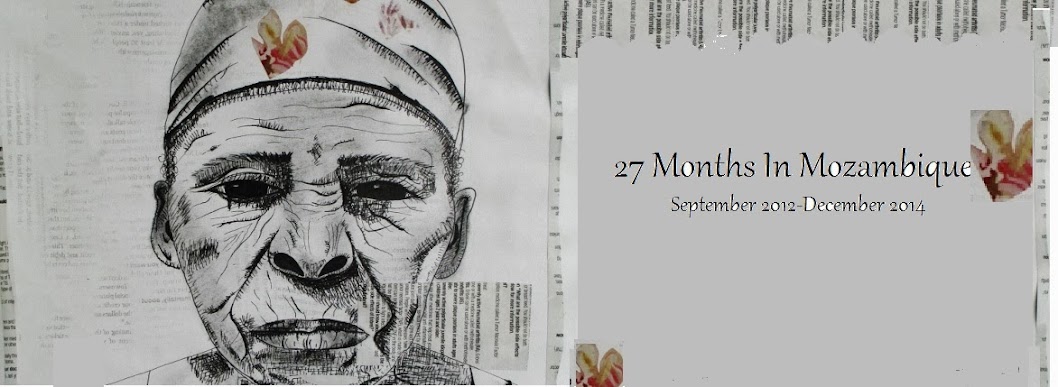





.JPG)
























































